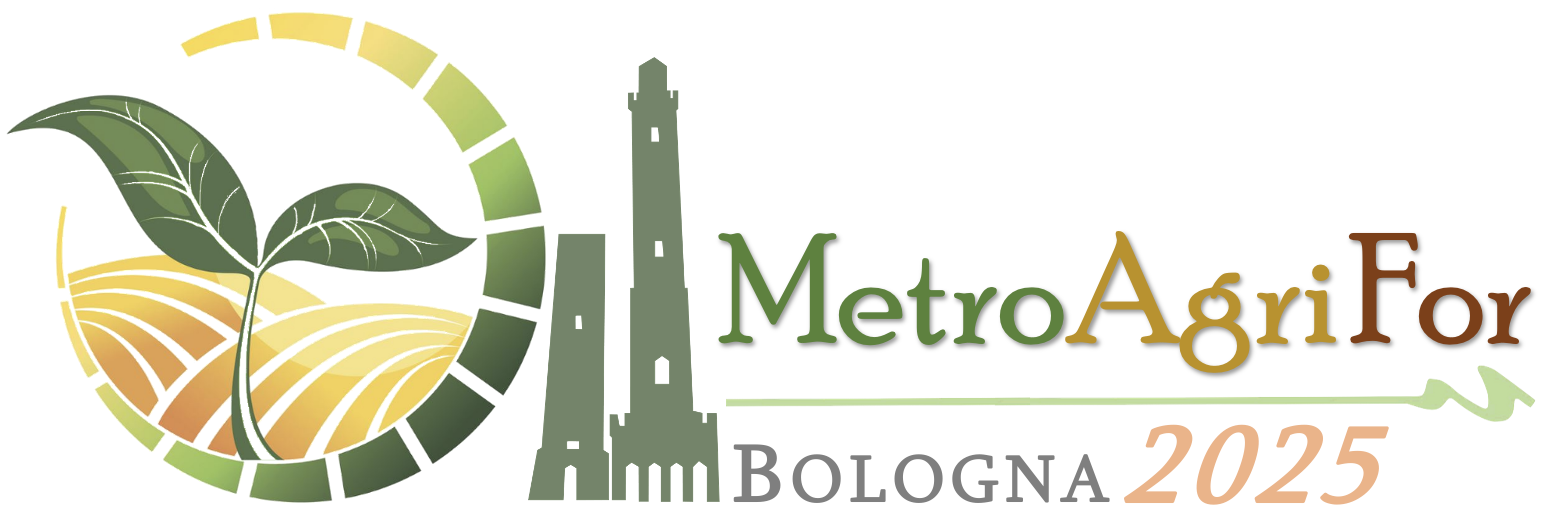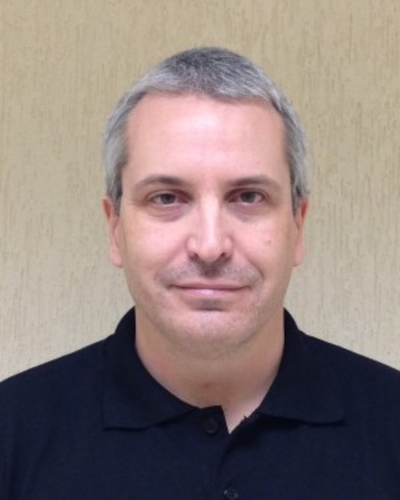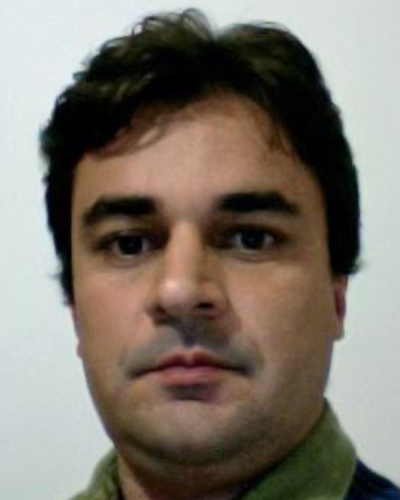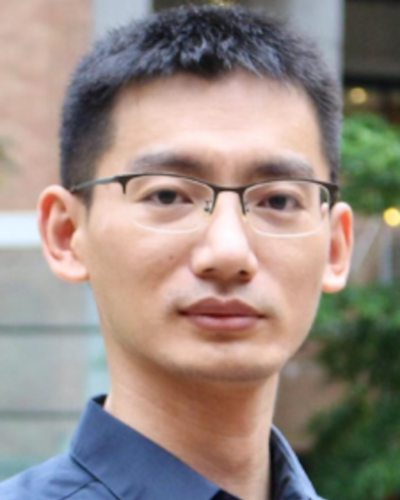SPECIAL SESSION #6
Smart Agriculture Metrology: Leveraging the Internet of Things and Artificial Intelligence
ORGANIZED BY
Carlos Kamienski
Federal University of ABC (UFABC - Brazil)
Reinaldo Bianchi
FEI University Center (Brazil)
Ronaldo Prati
Federal University of ABC (UFABC - Brazil)
Andre Torre Neto
Brazilian Agricultural Research Corporation (Embrapa - Brazil)
Lei Xue
Sun Yat-Sen University (China)
ABSTRACT
Smart agriculture emerges as a transformative paradigm that applies advanced technological solutions to optimize farming practices, improve productivity, and enhance environmental sustainability. This special session will explore integrating the Internet of Things (IoT), Artificial Intelligence (AI), and Machine Learning (ML) with metrological techniques to enable precise monitoring and decision-making in agricultural systems. In recent years, Generative AI (GenAI), such as Large Language Models (LLMs), has been at the forefront of research in smart agriculture, driving innovative solutions for data interpretation, decision support, and intelligent automation across the agricultural value chain. Also, advancements in 5G IoT, alongside GenAI and digital twins, hold the potential to address these challenges by enabling unprecedented levels of precision in smart agriculture. Farmers can gain continuous insights into key parameters such as crop health, soil moisture, nutrient levels, and local weather conditions by leveraging real-time data from interconnected sensors. These insights support site-specific actions in irrigation, fertilization, and pest management, significantly reducing resource use and reliance on chemical inputs. Furthermore, predictive analytics driven by machine learning enables early detection of potential threats such as drought stress, pest infestations, or disease outbreaks, fostering a shift from reactive to proactive interventions.
The session aims to bring together researchers, practitioners, and stakeholders working at the intersection of agriculture, metrology, and digital technologies. Emphasis will also be placed on sustainability and climate resilience, addressing how smart agriculture can contribute to long-term food security and environmental protection.
TOPICS
This session invites scholars and practitioners to submit research papers reporting recent advances on the use of IoT and AI in smart agriculture measurement, including but not limited to:
- Generative AI for synthetic data creation and simulation of crop health scenarios;
- Large Language Models for adaptive decision support and natural language farm management;
- Integration of LLMs with multimodal sensor data for advanced agricultural diagnostics;
- Real-time crop and soil monitoring using 5G-enabled IoT sensor networks;
- Wireless metrology for precision agriculture powered by ultra-low latency 5G communication;
- Edge and fog computing architectures for in-field data processing and analytics;
- AI-driven predictive models for irrigation, fertilization, and pest control using IoT data;
- Digital twins of agricultural systems using generative models and real-time field inputs;
- Remote calibration and maintenance of smart sensors via 5G infrastructure;
- Standardization and interoperability challenges in AI-augmented agricultural metrology.
ABOUT THE ORGANIZERS
Carlos Kamienski, is a Full Professor of Computer Science at the Federal University of ABC (UFABC, Brazil). He was the Brazilian coordinator of SWAMP from 2017 to 2021, an EU-Brazil collaborative research project that developed IoT-based methods and approaches for smart water management in precision irrigation. From May 2023 to April 2024, he was a visiting scholar at the IoT-Prism Lab of the University of Bologna. From January 2025 one, he is the Brazilian coordinator of the SMART (Sustainable Management of Agriculture with the Intelligent Computing Continuum) a collaborative project between Brazil and China that develops trustworthy platforms across using IoT and artificial intelligence in smart irrigation and fertilization to reduce water and fertilizer usage, thus contributing to sustainability goals and addressing the challenges of climate change. Prof. Kamienski served as Technical Program Co-Chair for MetriAgriFor 2020 and 2021. His current research interests include the Internet of Things, artificial intelligence, and smart agriculture.
Reinaldo A. C. Bianchi, holds a Bachelor of Science degree in Physics from the Institute of Physics of the University of São Paulo (1994), and Master of Science and Doctor of Philosophy degrees in Electrical Engineering from the Polytechnic School of the University of São Paulo (1998, 2004). He completed a Post-Doctoral fellowship at the Artificial Intelligence Research Institute, IIIA-CSIC, Autonomous University of Barcelona. He is a Full Professor at the FEI University Center in São Bernardo do Campo, Brazil. He is a reviewer for numerous conferences and journals, including IJCAI, AAAI, IEEE PAMI, and Artificial Intelligence. In 2021, he served as an organizer for the Brazilian Conference on Intelligent Systems, and in 2022, for the ROBÓTICA event, a significant Latin American forum on autonomous robotics and artificial intelligence. His primary research objective centers on creating Autonomous and Intelligent Systems, and his activities are concentrated in Artificial Intelligence, Intelligent Robotics, Machine Learning, Computer Vision, Robotics, the application of Artificial Intelligence in Finance, and Engineering Education.
Ronaldo Prati, bachelor's degree in Computer Science, and Master's and Doctorate degrees in Computer Science and Computational Mathematics from the University of São Paulo (USP/São Carlos). Expertise spans machine learning and data mining applications across diverse domains, as well as the development of novel machine learning methods and techniques, particularly for handling imbalanced datasets, multi-label classification, and data streams. Conducts research in IoT-based smart irrigation systems and data analysis in engineering problems.
André Torre Neto, is a Senior Researcher at Embrapa Instrumentation (Brazilian Agricultural Research Corporation). He holds a Ph.D. in Applied Physics from the University of São Paulo (USP), where he also earned his B.Sc. in Electrical Engineering and M.Sc. in Applied Physics. His work focuses on developing and applying wireless sensor networks and instrumentation for monitoring and controlling agricultural processes. He has participated in several national and international research initiatives, including the INCT NAMITEC, the precision agriculture network “Precision Agriculture for the Sustainability of Agricultural Production System in Brazilian Agribusiness,” and the EU-Brazil collaborative project SWAMP, which developed IoT-based methods for smart water management in precision irrigation. He is also a member of the COSMIC-SWAMP project, which explores IoT-enabled cosmic ray sensors for irrigation monitoring. From 2014 to 2016, he was a visiting scientist at the University of Georgia (USA), contributing to smart irrigation projects. He currently leads the instrumentation activities for Brazil’s first Free Air Carbon-Dioxide Enrichment (FACE) facility. His research interests include precision agriculture, smart irrigation, wireless sensor networks, and the impact of climate change on agricultural systems.
Lei Xue, is an Associate Professor in the School of Cyber Science and Technology at Sun Yat-sen University (SYSU). He received his Ph.D. in Computer Science from The Hong Kong Polytechnic University (PolyU). Before joining SYSU, he served as a Research Assistant Professor and Postdoctoral Research Fellow at PolyU. His research focuses on designing and implementing efficient and practical smart connected systems. He has served on the program committees of various conferences, including NSS, CSS, SocialSec, SANER, CoNEXT, and CCS. He has reviewed for journals such as IEEE Transactions on Intelligent Transportation Systems (TITS), IEEE Transactions on Dependable and Secure Computing (TDSC), IEEE Transactions on Mobile Computing (TMC), and IEEE Transactions on Multimedia (TMM).











